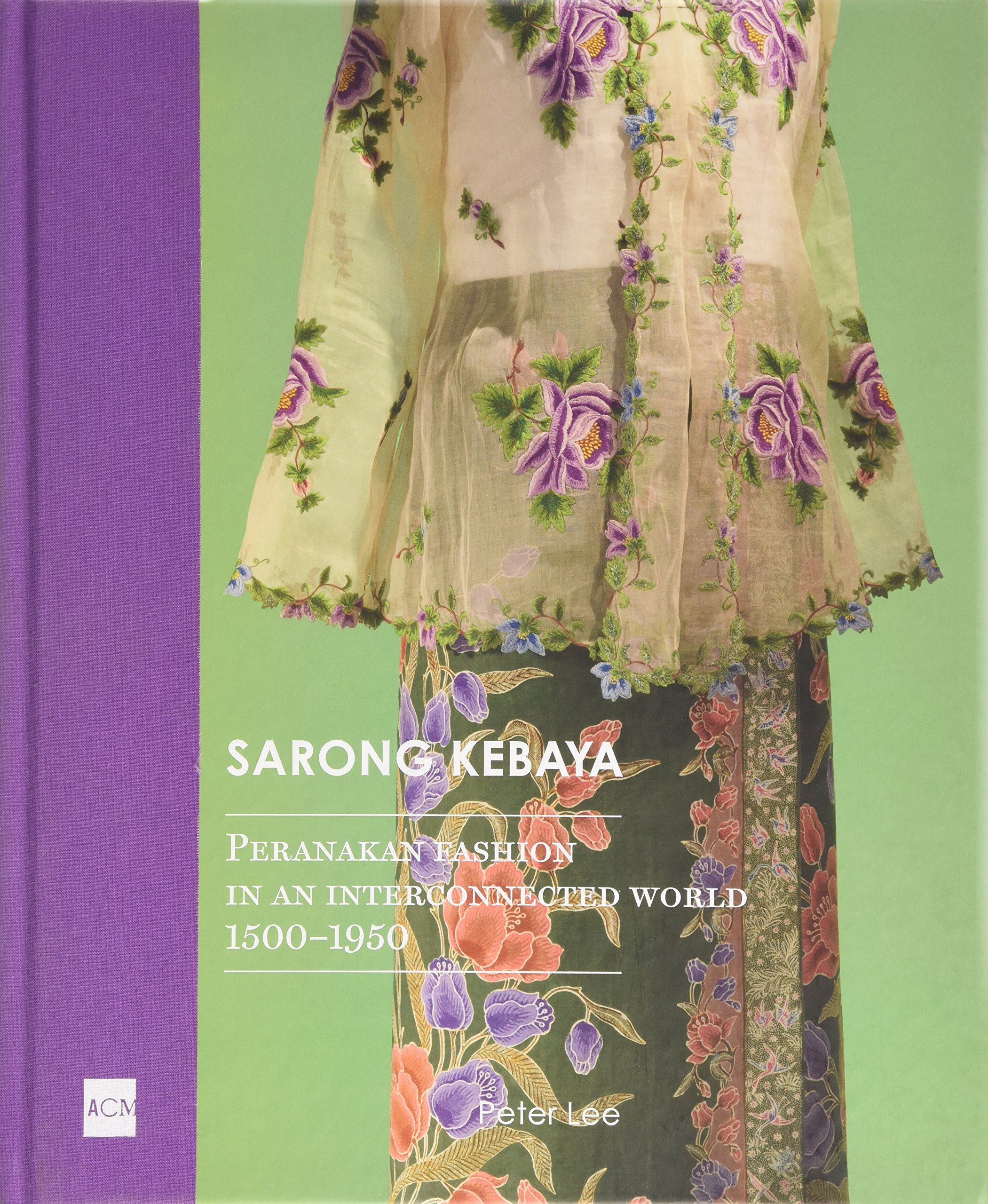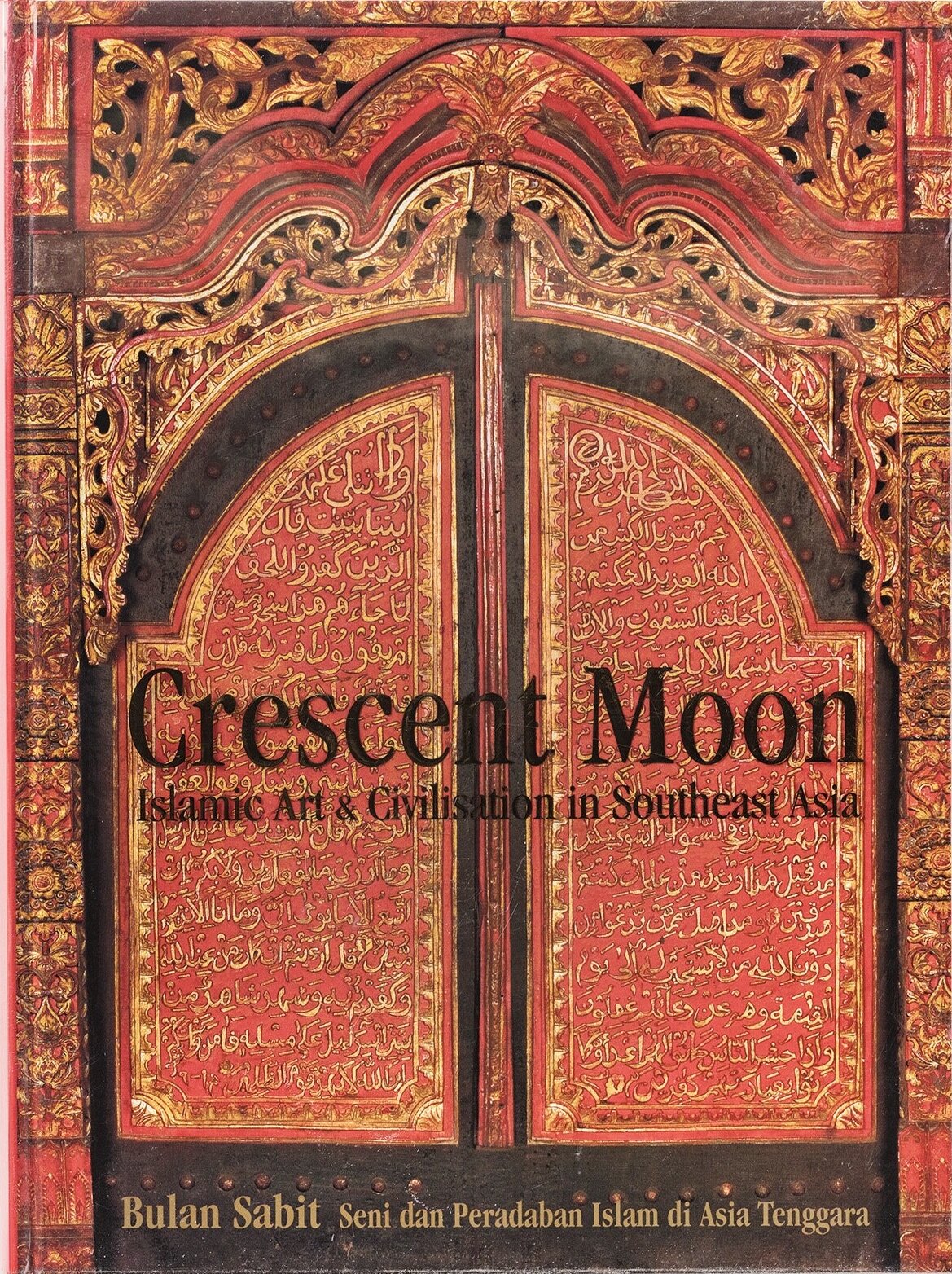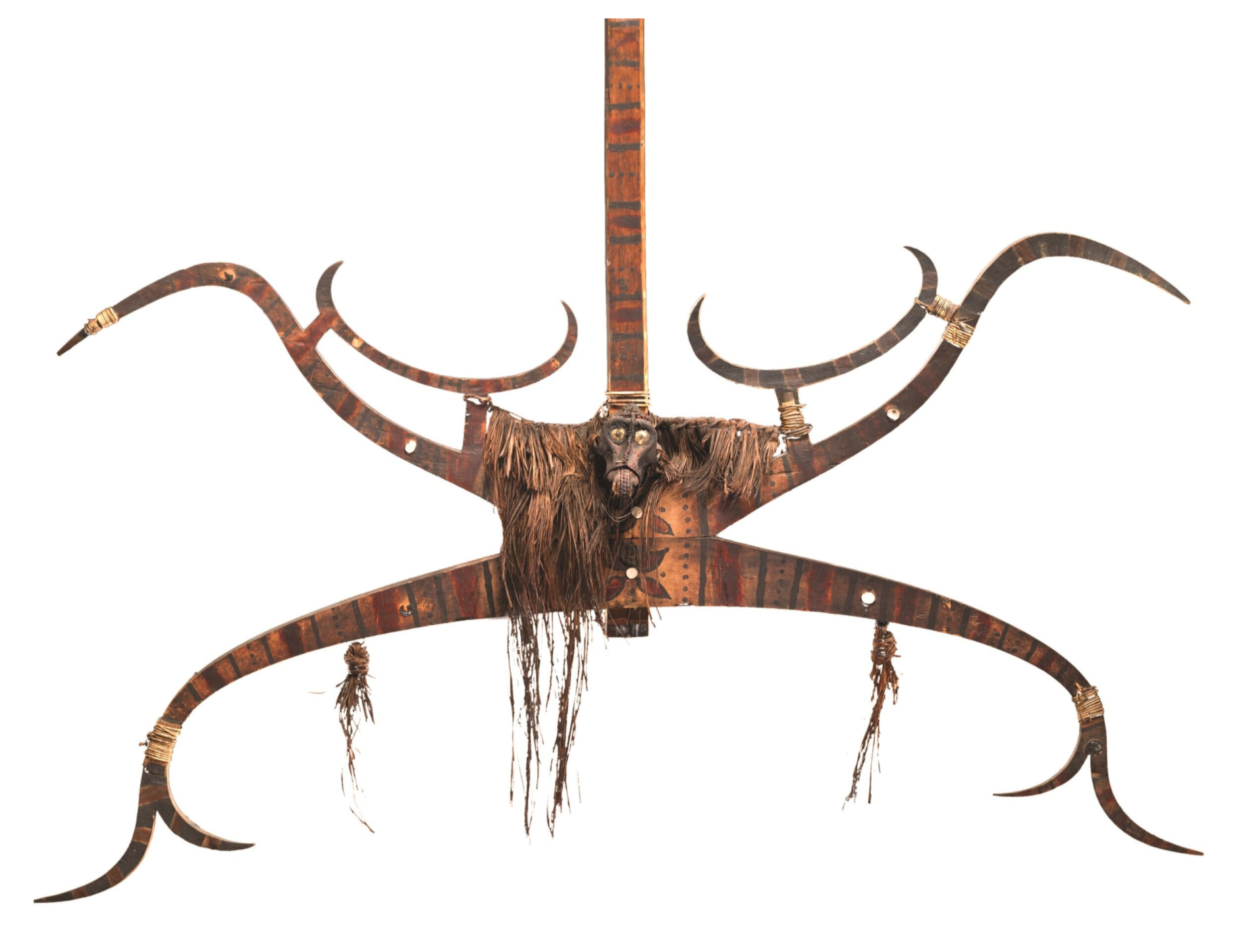Art of the Ancestors Winter 2020 Reading List
For this December feature, Art of the Ancestors recommends various works of lasting allure and significance on the ancestral arts of the Malay/Indonesian archipelago. While we all live in an increasingly digital world, there is yet something irreplaceable and pleasing about holding a fine book in one’s hands or indeed in crafting a personal library. Some of these works are still readily available while others may require recourse to specialist book providers such as C. Zwartenkot Art Books at the Museum Volkenkunde in Leiden.
Power and Gold: Jewelry from Indonesia, Malaysia, and the Philippines, from the Collection of the Barbier-Mueller Museum, Geneva (African, Asian & Oceanic Art)
by Susan Rodgers
Power and Gold is a landmark study authored by Susan Rodgers on behalf of the Barbier Mueller Museum in Geneva. It remains the essential resource for the emblematic local jewelry traditions of the peoples of island Southeast Asia. The exquisite collection of Jean-Paul and Monique Barbier-Mueller is the centerpiece of this volume.
Sarong Kebaya: Peranakan Fashion in an Interconnected World, 1500-1950
by Peter Lee
Authored by Singapore luminary Peter Lee, this catalog composed for an exhibition of the same name deftly explores Peranakan Chinese culture and the Malay speaking world's batik tradition. Framed within the realm of Peranakan women, Sarong Kebaya is an elegant and innovative work of illustrated cultural history that also serves as an essential scholarly resource for textile and fashion studies.
Crescent Moon: Islamic Art & Civilisation in Southeast Asia
by James Bennett
Crescent Moon is a handsome, thought-provoking catalog on the history of Islamic aesthetic traditions and civilizations in Southeast Asia. Authored by William Bennet to complement the exhibition of the same name, Crescent Moon was jointly fostered by the National Gallery of Australia and the Art Gallery of South Australia. This study presents myriad key contributions to the understanding of the material culture of the region through an Islamic lens.
Textiles of Southeast Asia: Tradition, Trade and Transformation
by Robyn Maxwell, Mattiebelle Gittinger
Robyn Maxwell's voluminous and exemplary contributions to scholarship on the textile traditions of island Southeast Asia have long been highly acclaimed. Textiles of Southeast Asia is perhaps "the" cornerstone text for any serious library on the topics of Southeast Asia’s textile history, techniques, and symbolism.
The Netherlands East Indies at the Tropenmuseum:
A Colonial History (Collections at the Tropenmuseum)
by Janneke van Dijk, Susan Legene
The Netherlands East Indies at the Tropenmuseum presents the artistic heritage of the Indonesian archipelago refracted through the colonial experience and history of Dutch dominion. The works illustrated in this compilation derive primarily from the National Museum system of the Netherlands, in particular the storied Tropenmuseum.
The Sculpture of Indonesia
by Jan Fontaine, R. Soekmono, Edi Sedyawati
The Sculpture of Indonesia was edited by Jan Fontein, Edi Sedyawati, and R. Soekmono in support of the Festival of Indonesia in 1995, honoring the 50-year anniversary of freedom from colonial rule. This fine volume offers an impressive and wide-embracing introduction to the sculptural arts of Indonesia with significant emphasis on relics from the Hindu Buddhist past.
Icons of Art: The Collections of the
National Museum of Indonesia
by John N. Miksic
Produced for the National Museum of Indonesia in Jakarta, John N. Miksic's detailed catalog Icons of Art offers an intimate view of the fabled collections of this historic treasure house. The Indonesian national collections are of primary significance to the study and appreciation of Nusantaran aesthetic heritage.
Sumatra: Crossroads of Cultures
by Francine Brinkgreve, Retno Sulistianingsih
Sumatra: Crossroads of Cultures deploys stellar examples of material culture to represent the unique diversity of Sumatran aesthetics. This book showcases the ways in which the island's geographical position on the crossroads between powerful overseas trading empires impacted local cultural expressions.
Decorative Art in Indonesian Textiles
by Laurens Langewis, Frits A. Wagner
Decorative Textiles of Indonesia by Laurens Langewis and Fritz Wagner is an early (1964) standard work on Indonesian weaving traditions that includes myriad iconic Indonesian textile masterpieces from private and public collections across the Netherlands.
An Annotated Bibliography of Indonesian, Filipino & Malay Edged Weapons
by T.D. Rogers
An Annotated Bibliography of Indonesian, Filipino and Malay Edged Weapons by T. D. Rogers is an extraordinarily significant resource and pathfinder text for anyone with a dedicated interest in scholarship on the history of bladed weapons in Island Southeast Asia.
Art of the Archaic Indonesians
by Waldemar Stöhr, Wolfgang Marschall
Art of the Archaic Indonesians is the catalog for a foundational 1981 traveling exhibition that emanated from three museums in Geneva, Switzerland. Edited by Waldemar Stohr and Wolfgang Marschall, this gathering of masterworks and essays is focused on local traditions and 'indigenous' aesthetic ingenuity in Indonesian sculptural aesthetics.
Disclaimer: This is not a sponsored post. Art of the Ancestors does not receive a commission should any of our readers purchase the aforementioned books.
Art of the Ancestors is a strictly non-commercial educational platform and has no vested interest in the professional activities of the authors listed above. Their opinions are their own.












